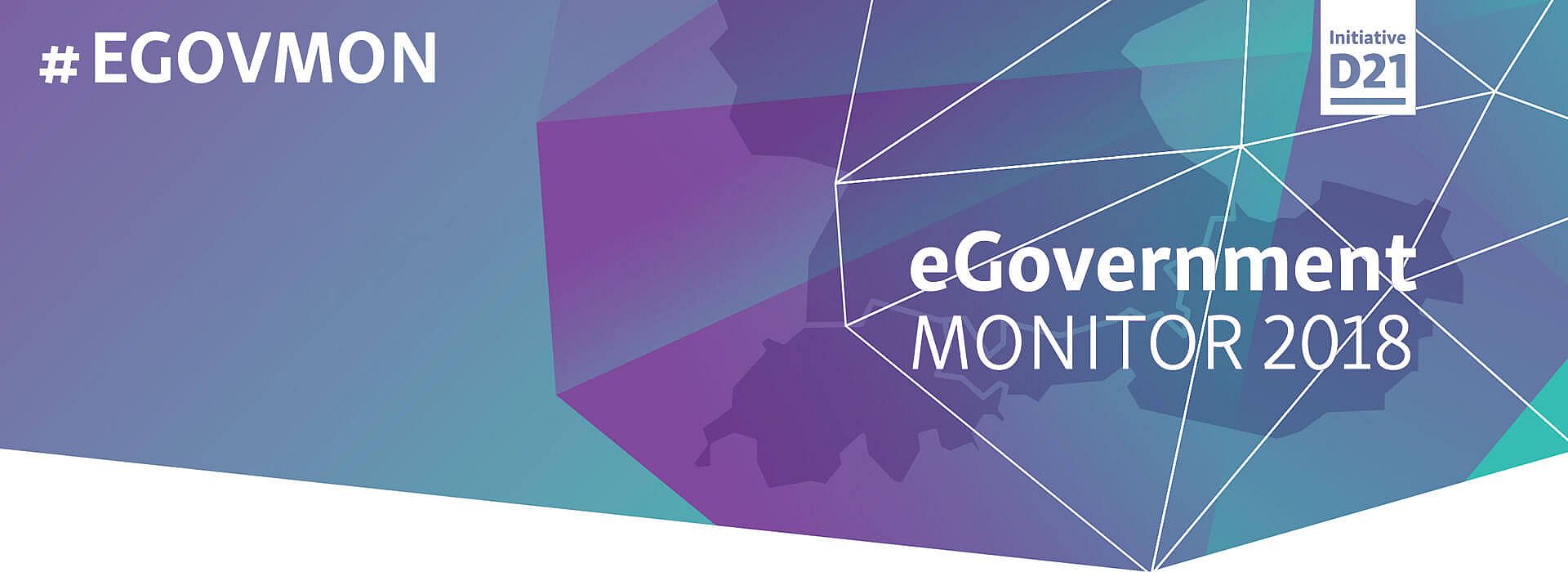Today, the D21 e. V. initiative and fortiss, together with Klaus Vitt, State Secretary at the German Federal Ministry of the Interior, Building and Community, presented the results of the 2018 eGovernment-MONITOR. The study provides an overview of the utilization and acceptance of digital administrative services in the German-speaking region. The result: although utilization is decreasing, interest is on the rise. Austria is leading, while Germany has the potential to grow.
Overall, 40 percent of German citizens utilized an eGovernment service at least once over the past 12 months, representing a decrease of one percent over the previous year (in 2012 it was 45 percent). In Switzerland, utilization fell significantly from 61 percent in 2017, to 55 percent in 2018. At 74 percent, Austria remained at a relatively high level.
The most common reason for the low utilization is public unawareness. One out of every two persons is meanwhile aware. The study participants cited a lack of availability as the second most common reason, followed by complaints that some services can only be partially completed online.
Positive attitude toward digital assistants and AI
To date, digital assistants (help in filling-out forms, bots, algorithms or intelligent systems) can only be found within a limited number of government organizations. These assistants could eventually play a larger role in digital government services. Roughly 80 percent of the survey respondents indicated they could imagine utilizing digital assistants in order to complete an administrative process or to search for specific topics on a government website. The survey revealed an especially high interest in automatic correction tools for filling out forms and documents. However, when it comes to automated processes or automated decision making through digital assistants, such as application approvals, interest clearly diminishes.
“The surveys show that the public is generally open to the idea of digital assistants. However, most people have reservations when it comes to machines making autonomous decisions. What they fear is a sort of ‚black box’, a system whose behavior they are unable to fully comprehend. In order to exploit the potential of these systems and free-up capacity for personal consulting services, we have to do a better job of explaining and try to eliminate any unfounded fears that the public has,” explains Prof. Dr. Helmut Krcmar, spokesperson for the scientific advisory board at fortiss.
Further information (german) is available here.
You can download the study (german) here.

